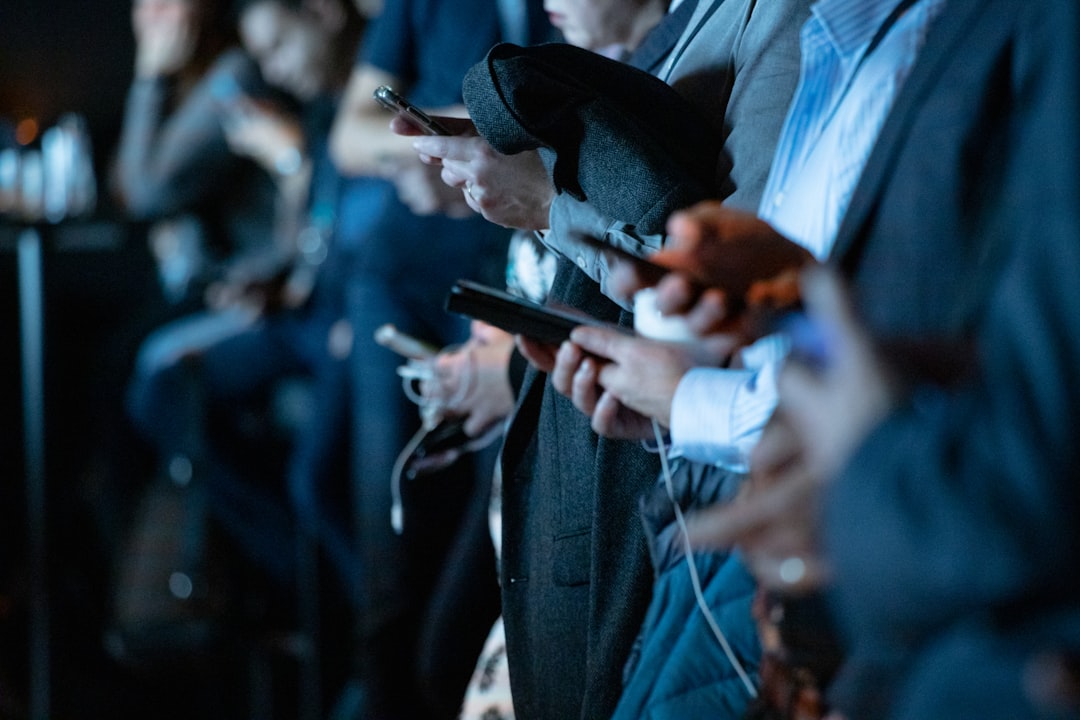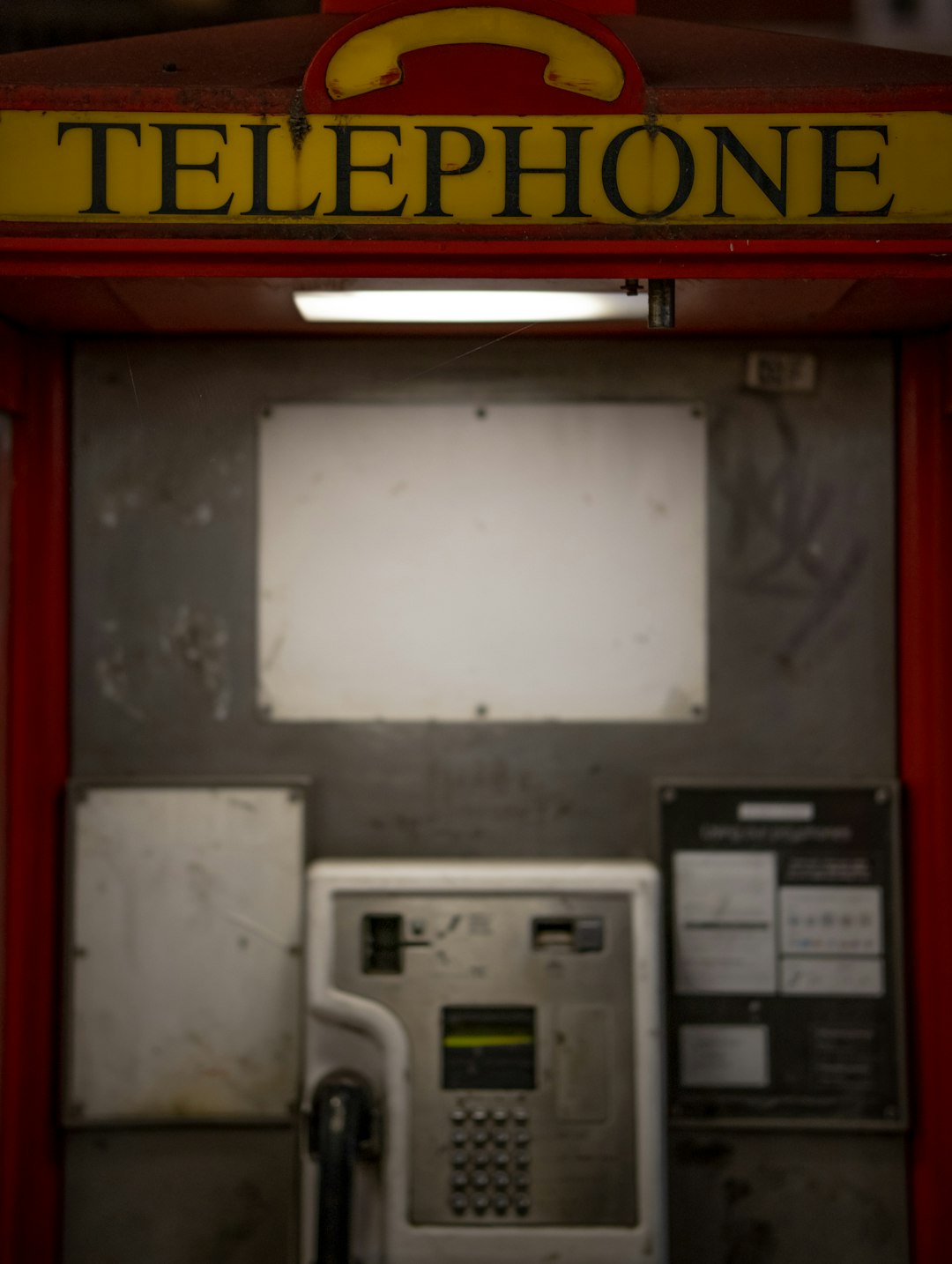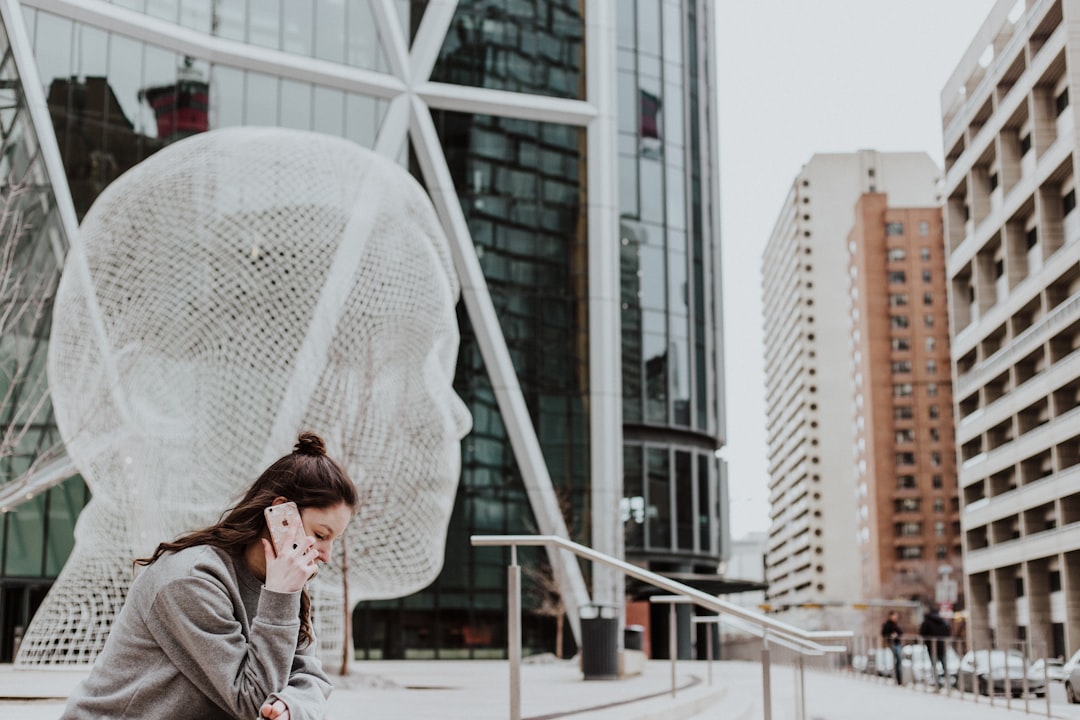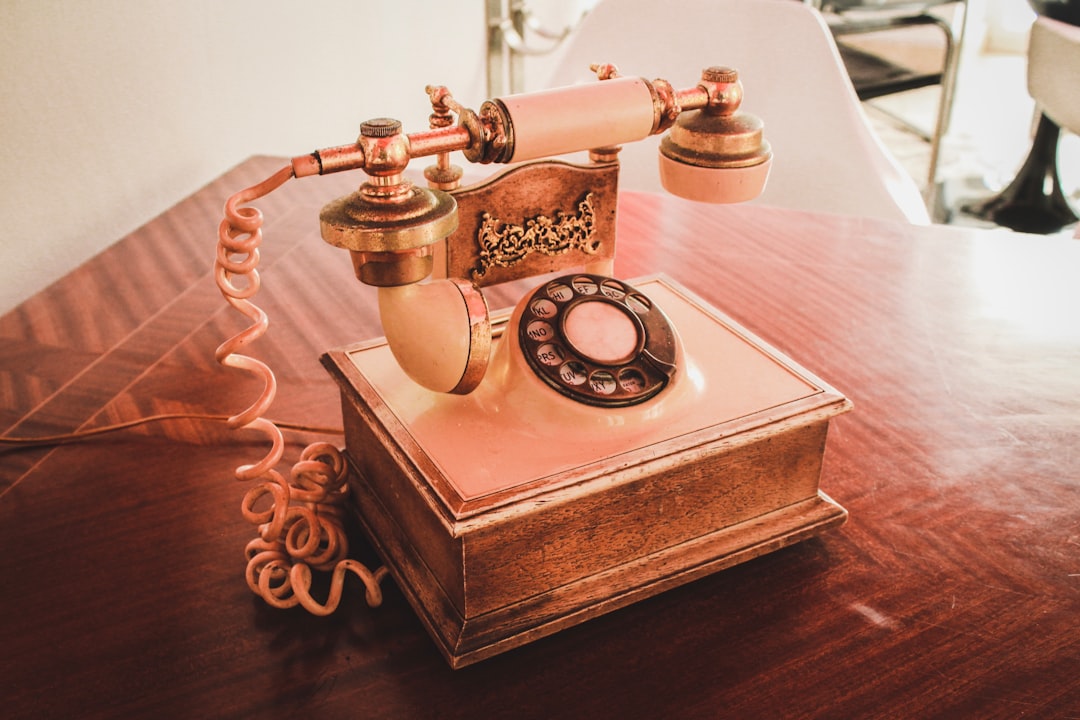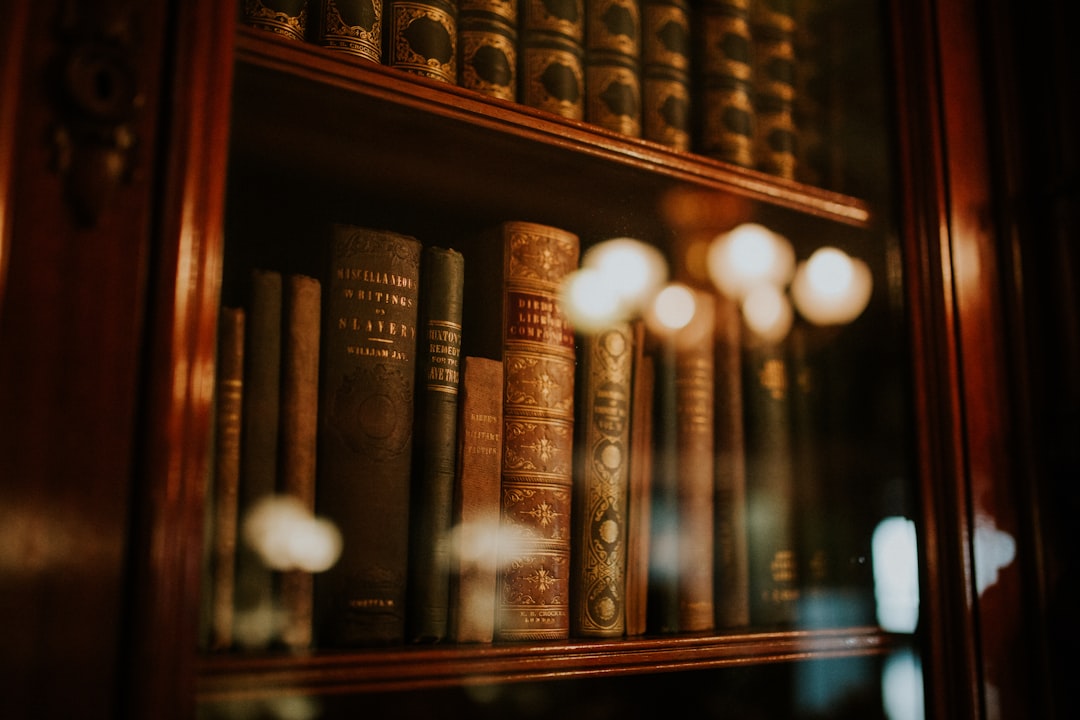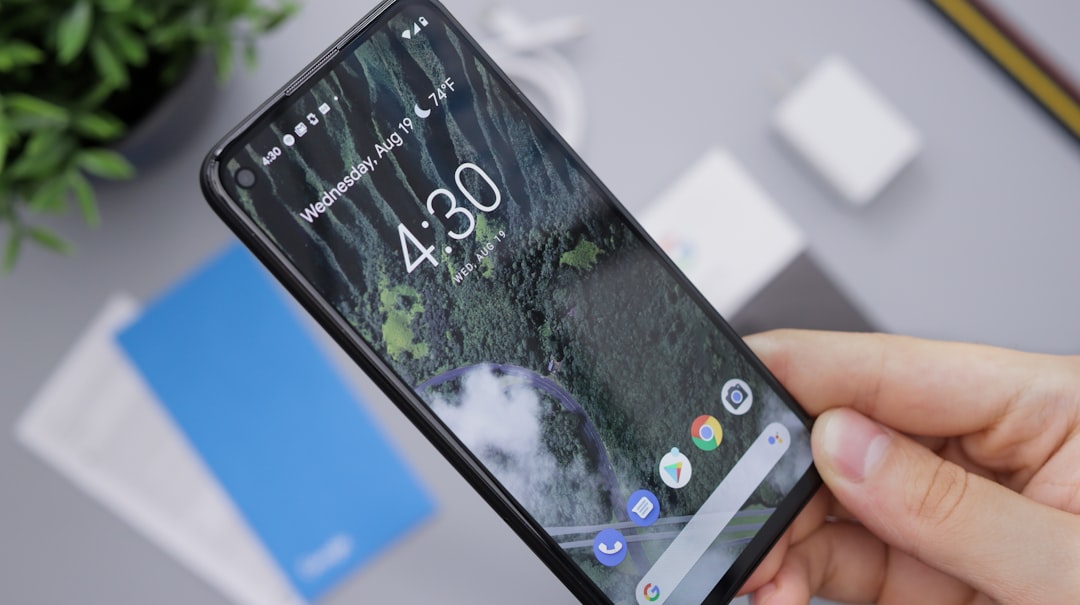Philadelphia's No Call Laws protect residents from unwanted telemarketing by regulating business contact practices. Individuals can register for a do-not-call list, and businesses must obtain explicit permission to avoid penalties. Exemptions exist for essential services, non-profits, and government info. Understanding these laws is crucial for both residents and businesses in Southwest Philly to maintain privacy and respect consumer rights.
“Exploring Eastwick’s No Call Laws: A Comprehensive Guide to Peace of Mind in Southwest Philly. Understanding and navigating Philadelphia’s No Call Laws is crucial for homeowners and businesses alike, ensuring a harmonious coexistence with neighbors. This article delves into the basics, highlights common exceptions, and addresses the top 10 FAQs. From noise disturbances to construction activities, we unravel the intricacies of No Call Laws in Philadelphia, empowering you with knowledge. Discover your rights and responsibilities in this vibrant community.”
Understanding No Call Law Basics in Philadelphia
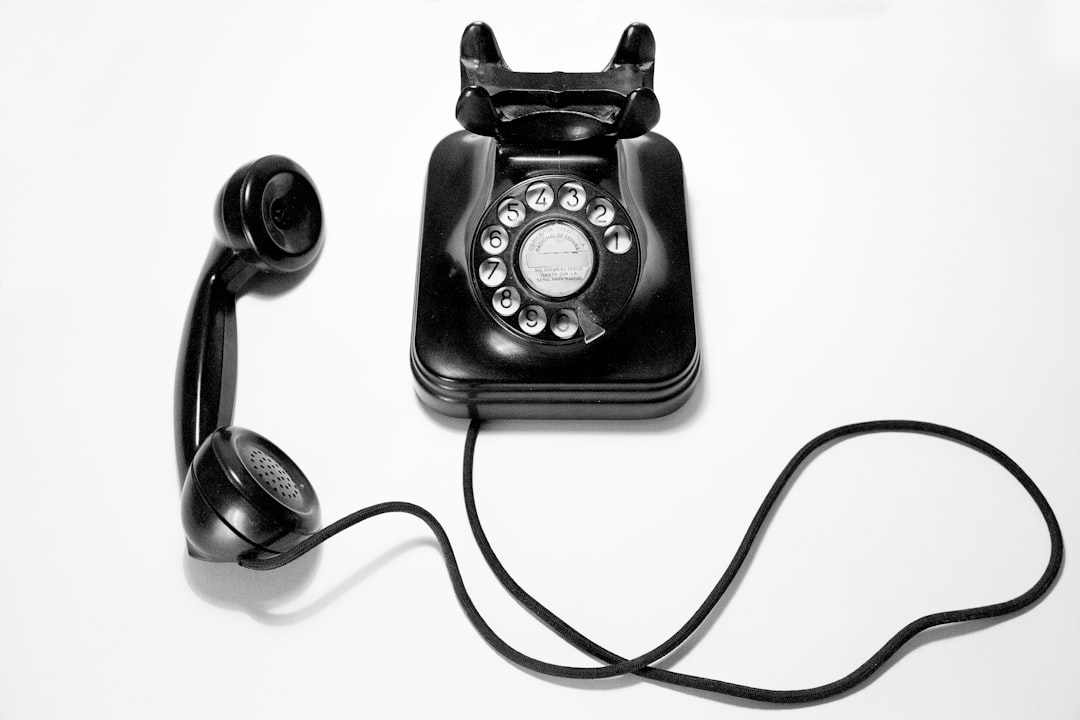
In Philadelphia, No Call Laws are designed to protect residents from unwanted telemarketing calls and sales pitches. These laws regulate when businesses can contact consumers by phone, with strict rules on consent and do-not-call requests. Understanding these basics is crucial for both businesses operating in Southwest Philly and residents looking to manage their communication preferences.
Under Philadelphia’s No Call Laws, businesses are prohibited from making telemarketing calls to individuals who have not given explicit permission. Homeowners can register their phone numbers on the city’s do-not-call list, effectively blocking all commercial calls. Businesses that violate these laws face penalties, emphasizing the need for compliance to ensure fair and respectful communication practices in the community.
Common Exceptions and Exclusions in Southwest Philly
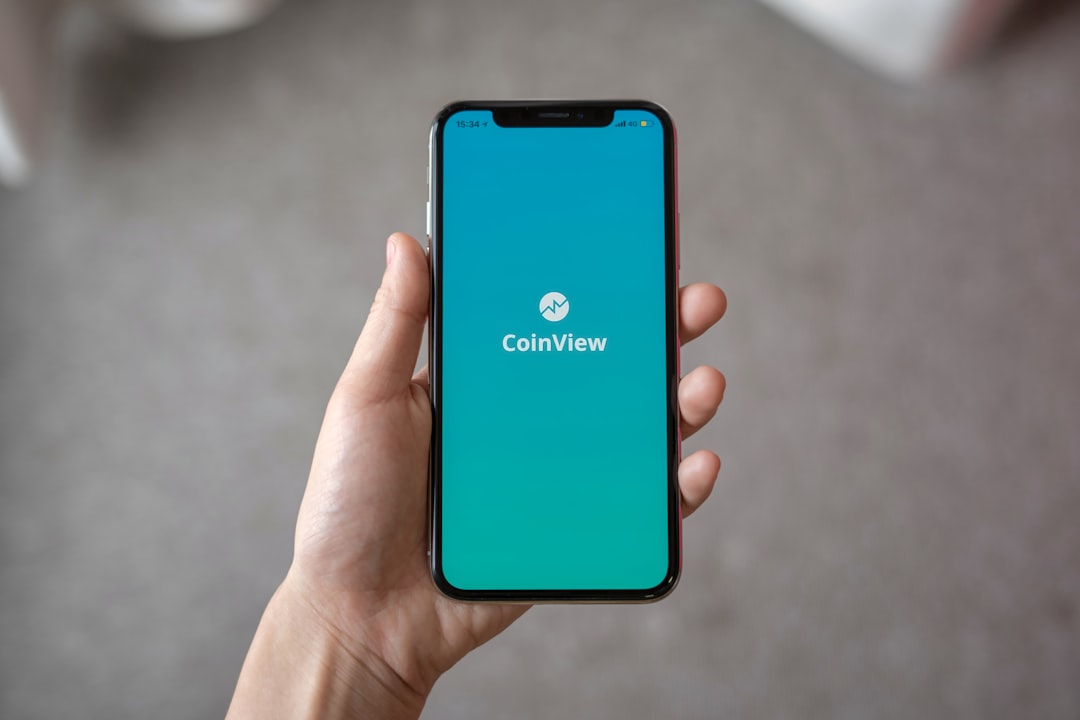
In Southwest Philly, like many areas with strict No Call Laws in place, certain situations and individuals are exempt from receiving unsolicited phone calls. These exceptions ensure that businesses can still reach out to customers or prospects when necessary, maintaining a balance between consumer privacy and commercial interactions. Common exclusions often include calls made for collection activities, financial services, marketing surveys, and informational purposes related to government services or health initiatives.
Additionally, certain types of organizations, such as non-profits, religious groups, and political campaigns, may have special permissions to make direct phone contacts under specific circumstances. Understanding these exemptions is crucial for both residents and businesses navigating the No Call Laws in Philadelphia, helping to avoid unintended penalties while ensuring effective communication where allowed by law.
Top 10 Frequently Asked Questions for Homeowners & Businesses
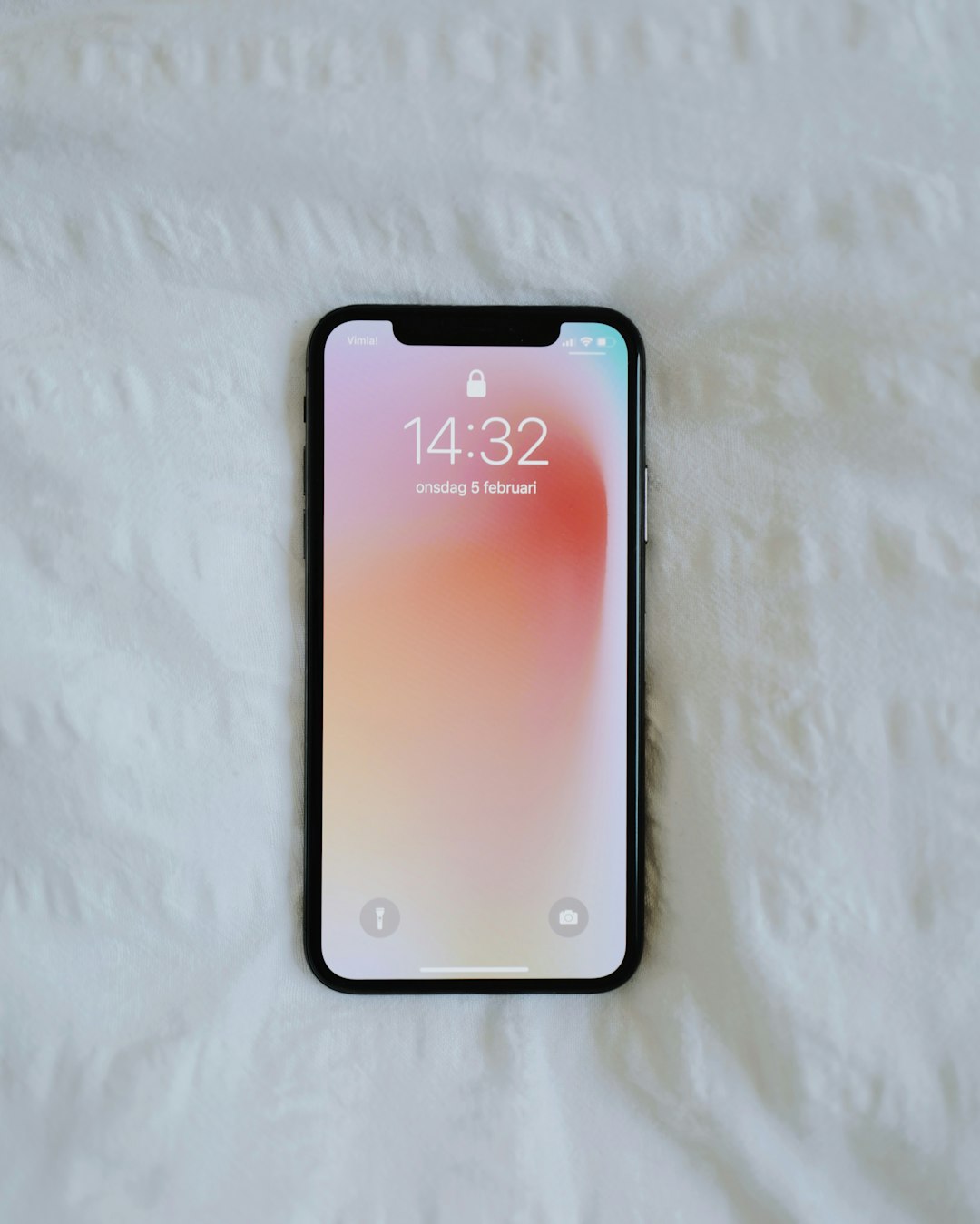
In the dynamic landscape of Southwest Philly, understanding No Call Laws Philadelphia is crucial for both homeowners and businesses aiming to protect their privacy. With a growing number of unwanted calls, these laws have become a vital tool to maintain peace and sanity. Here are ten frequently asked questions that shed light on this important topic:
1. What are No Call Laws? These are regulations designed to prevent unsolicited phone calls from telemarketers and other commercial entities. They give consumers the right to opt-out of receiving such calls.
2. Who does the Philadelphia No Call Law protect? It primarily protects residents of Philadelphia, ensuring they can enjoy uninterrupted personal time without excessive marketing interruptions.
3. How do I register for protection under the No Call Laws? Registration is typically done through the state or local authority’s designated opt-out list. It’s a simple process that ensures you won’t receive calls from listed companies.
4. What are the penalties for violating No Call Laws in Philadelphia? Violators may face fines and legal repercussions, emphasizing the law’s enforceability.
5. Can I still be contacted by charities or political organizations? Yes, certain exempt entities can call even if you’re on the Do Not Call list, though they must follow specific guidelines.
6. How long does it take for the No Call protection to kick in? Once registered, most services respect the opt-out within 24 hours, but it’s best to allow some time for updates across various databases.
7. What if I accidentally register twice? It’s a common concern, but duplicate registrations are usually easily resolved by contacting the relevant authority.
8. Can I specify the types of calls I want to receive or block? While the primary focus is on unsolicited sales calls, some systems allow for customized preferences.
9. What happens if I still get unwanted calls after registering? Documenting these incidents can help when reporting violations. Authorities take such complaints seriously and investigate accordingly.
10. Are there any loopholes in Philadelphia’s No Call Laws? While the laws are robust, new tactics may emerge for telemarketers to bypass them, highlighting the need for continuous awareness and updates.
